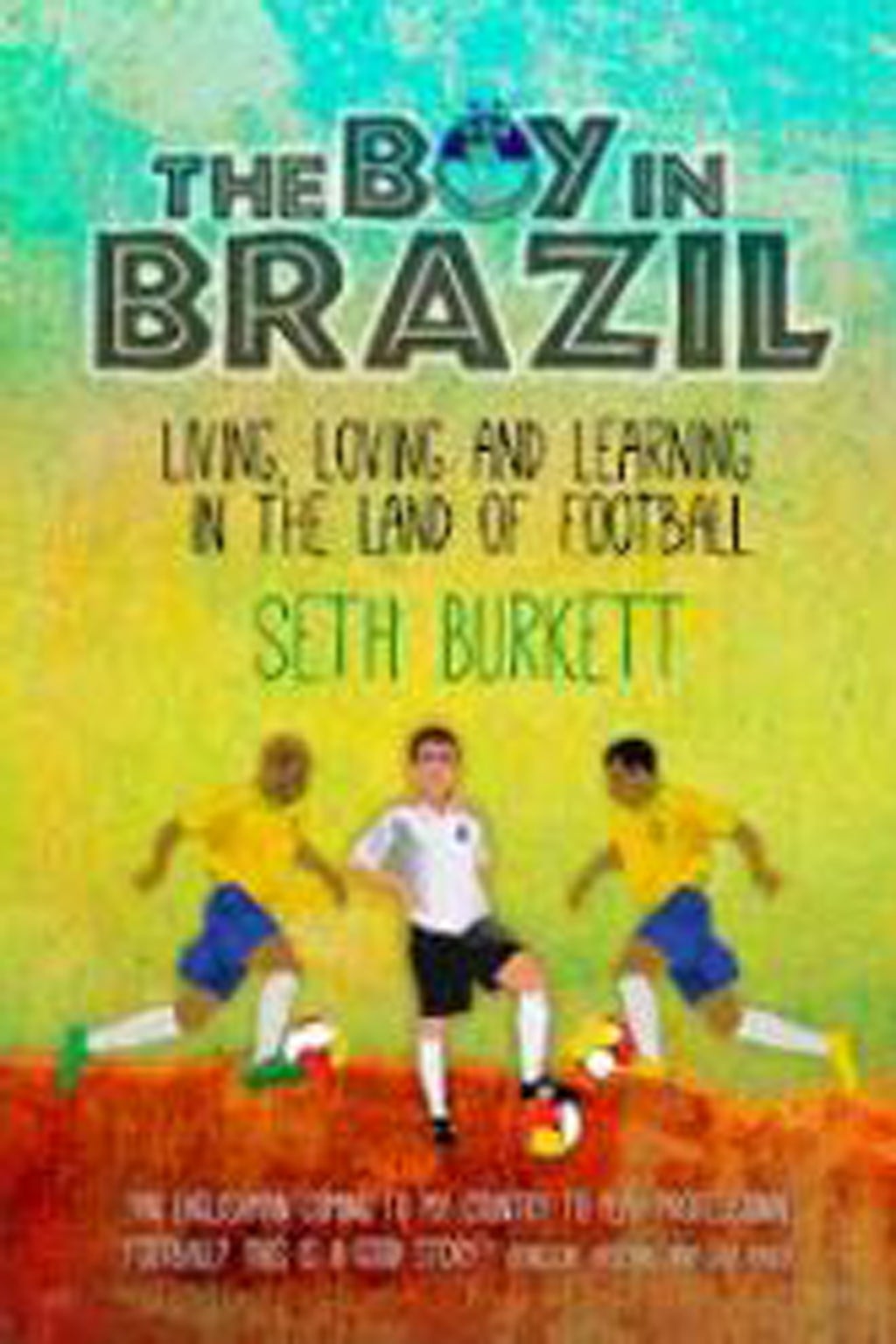Book of the week: The Boy in Brazil by Seth Burkett

Your support helps us to tell the story
From reproductive rights to climate change to Big Tech, The Independent is on the ground when the story is developing. Whether it's investigating the financials of Elon Musk's pro-Trump PAC or producing our latest documentary, 'The A Word', which shines a light on the American women fighting for reproductive rights, we know how important it is to parse out the facts from the messaging.
At such a critical moment in US history, we need reporters on the ground. Your donation allows us to keep sending journalists to speak to both sides of the story.
The Independent is trusted by Americans across the entire political spectrum. And unlike many other quality news outlets, we choose not to lock Americans out of our reporting and analysis with paywalls. We believe quality journalism should be available to everyone, paid for by those who can afford it.
Your support makes all the difference.In Futebol, reviewed last week, Alex Bellos says the dream of most Brazilian footballers is to play in Europe. Seth Burkett, whose ambition to make it as a professional in England suffered cruel early blows – released as a junior by Peterborough at 10, then by Northampton at 14 – had a more unusual desire; to go and play football in Brazil.
Thanks to a fortuitous meeting with a Brazilian agent, he achieved his ambition. Leaving home at 18 to join the youth set-up of Esporte Clube Sorriso, ranked 264th out of Brazil’s 770-plus professional teams, required a huge leap of faith both on his part and those of his parents. His year in a remote town in the Mato Grosso region, 3,000 miles from Rio, were not without frustrations, and his time in the first team a fleeting 15 minutes, but it seems to have been the making of him.
At first, the culture shock was overwhelming: his wages were £100 a month, he lived with the rest of the youth squad in a ramshackle former garage fitted out with bunk beds, on a monotonous diet of rice and beans, and struggled with the language barrier. Equally daunting was the attention of the media, as even routine training sessions were attended by newspaper, radio and TV reporters, all fascinated by this unusual new signing.
But he found the people warm and welcoming, and the coaching made him a better player, though he was realistic in coming to the conclusion that in a country so blessed with talent he was unlikely to progress much further. Finally, his visa expired and the many promises of a senior contract having come to nought, he recognised that it was time to go home. Four years on, he is studying for an MA in literature. On the evidence of this fresh, spontaneous rite-of-passage memoir, perhaps he has found his true vocation.
Published in paperback by Floodlit Dreams, £9.99
Join our commenting forum
Join thought-provoking conversations, follow other Independent readers and see their replies
Comments